Our office overlooks Camden Harbor, Penobscot Bay to the southeast, and the islands to North Haven on the horizon. The Elver fishermen’s nets just went into the outflow from the Megunticook River, and Lyman Morse at Wayfarer has installed their finger floats at the head of the harbor, and masts are being moved out of the shed and stepped – a sure sign of spring and summer to come.
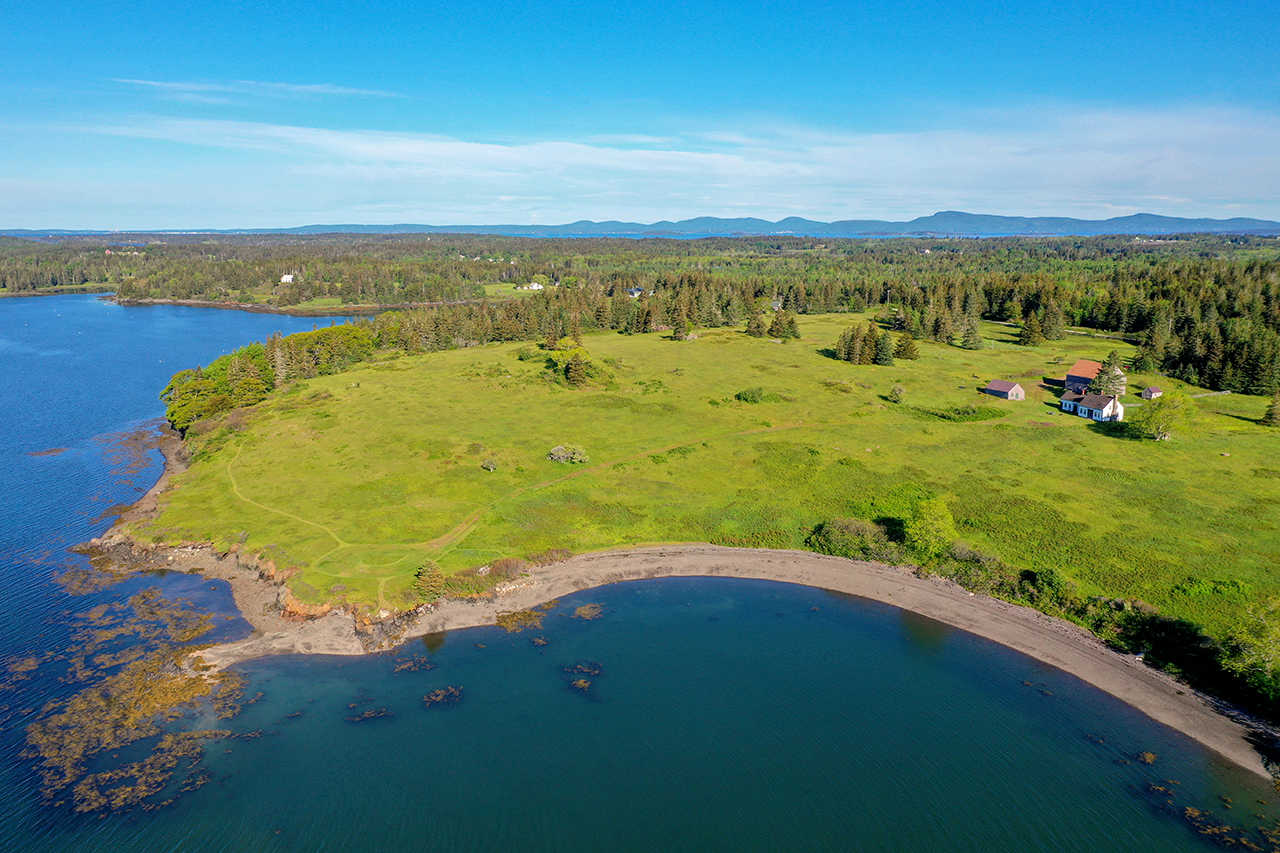
As we move deeper into the coronavirus crisis, the Midcoast real estate market has mostly ground to a halt. We are wrapping up deals that were under contract and are still getting some inquiries, but most scheduled showings have been postponed. Real Estate Agencies were classified as an “essential service” in Maine, so although our office is closed to the public, we are continuing to work following the CDC guidelines. Interestingly, although perhaps not surprising, the traffic to our website has taken a big jump, up 300% over the past two weeks. We continue to leverage our online presence and increase the exposure for all the properties that we are marketing.
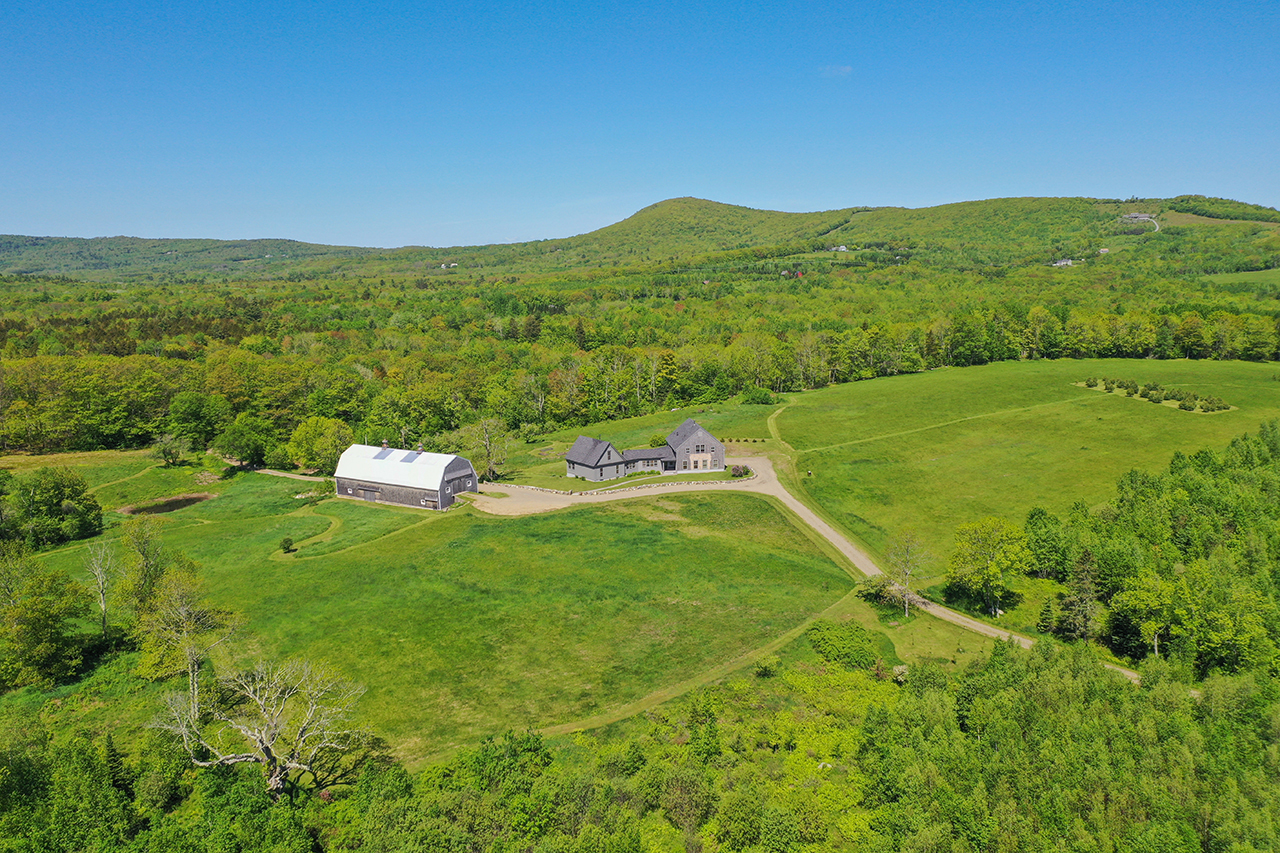
We have no way of knowing what the real estate market will look like after this crisis abates, but we can look to prior crises for clues. After the Black Monday crash in 1987, the high-end market in Maine remained soft for about five years before gaining traction for a long upward run. This was momentarily interrupted by the Tech Crash in early 2000 and then again by 9/11. After 9/11, we saw a number of inquiries and sales to buyers establishing a retreat from the cities, mostly from the East Coast megalopolis. The market rebounded with strength after 9/11, right up to 2007. The 2008 Financial Crash again brought the market to a halt, and then a slowdown which lasted for a several years before demand gradually improved, and sales and pricing eventually rebounded to the 2005/6 levels.
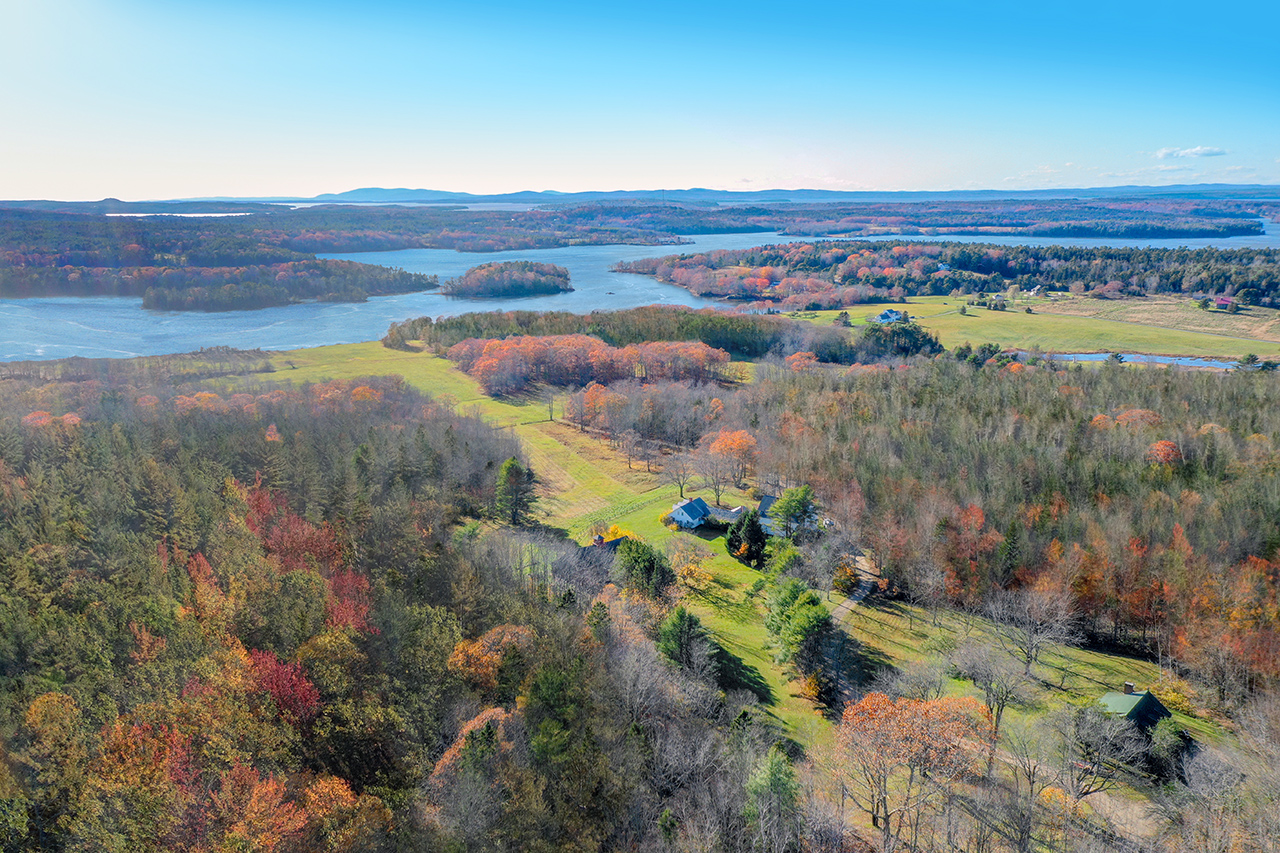
Value and pricing will, as always, be driven by demand. We believe that if demand is low and sales indicate that value has taken a 25% or 30% hit, then inventory will remain thin, and the market will be quiet. Or, as after 9/11, we may see more demand driven by desire for an escape from the city; in which case values should stabilize and we will see a corresponding increase in inventory coming on the market. At the present time, quality inventory on the mainland and the islands is quite tight, especially for “finished” houses, and mortgage rates are at historic lows – both of which bode well for market stabilization.
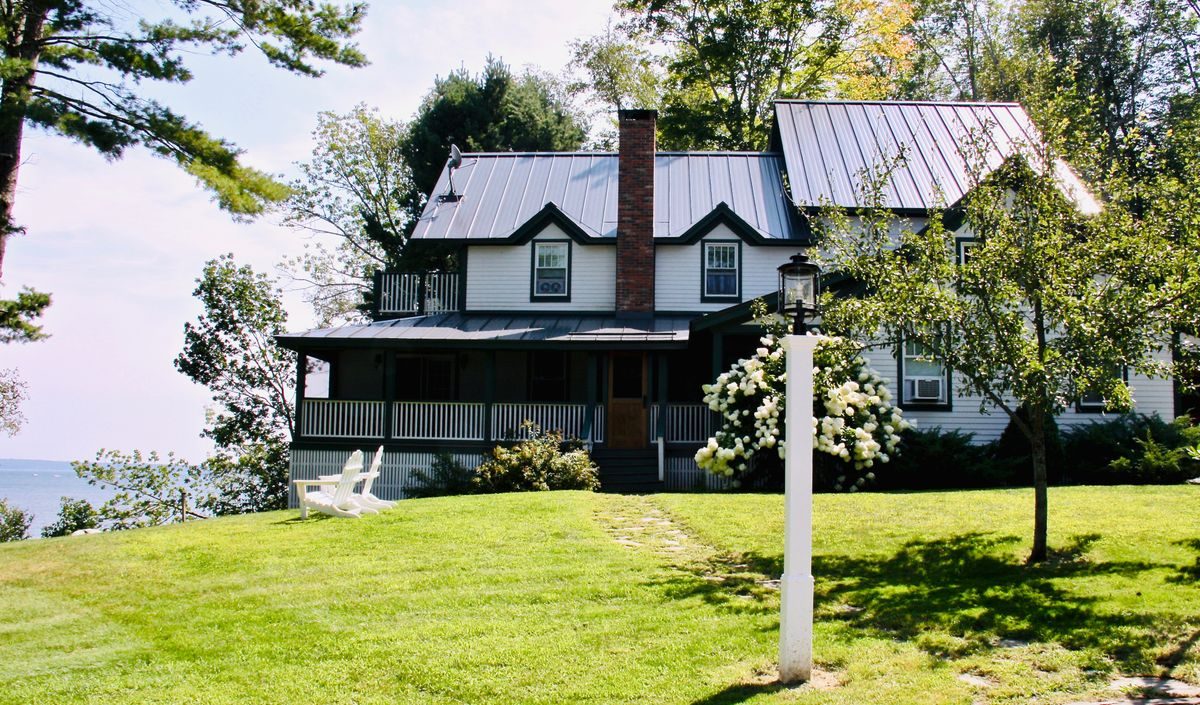
As many of you may know, LandVest is a diversified company with two divisions (Timberland and Real Estate) and offices in 28 states. In times like these, as the residential market slows, our timber group acts as a hedge as timber management (over 2,500,000 acres and growing) and brokerage continue forward. Many investors look for safety and long-term growth in stable assets such as timberland; last year LandVest brokered about one-third of the timberland transactions (including private transactions) in the USA with almost $500,000,000 in sales. Our employee-owned company is in very strong financial condition and prepared to weather the upcoming storm.
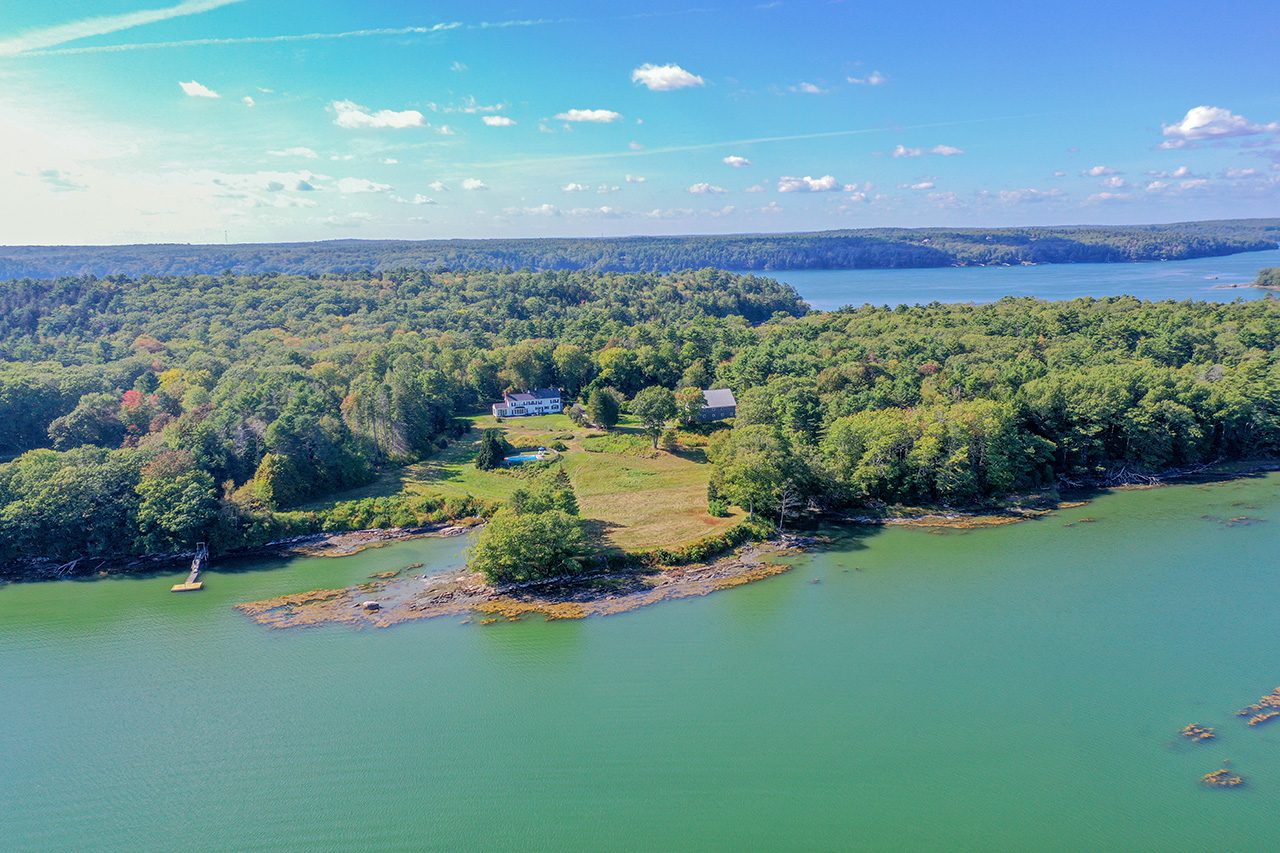
In Camden, we are pleased to welcome Ginnie Hess who has joined our office as a Project Manager. Having spent over 20 years sailing luxury yachts along the New England coastline to all corners of the globe, Ginnie made Islesboro her home in 2017 along with her native-born fiancé who is continuing his family’s legacy of building custom homes. Ginnie’s knowledge and experience in the lifestyle of luxury yachts and waterfront property made joining LandVest a natural fit.

Our employee-owned company is in a strong financial position, prepared for the storm, and ready to assist our clients now and on the other side of all this. We look forward to hearing from you if we can be of assistance.
|
For more information on exceptional Maine coastal properties,
contact Terry Sortwell or Joe Sortwell in our Camden office.
Header image:Dark Harbor House, Islesboro



